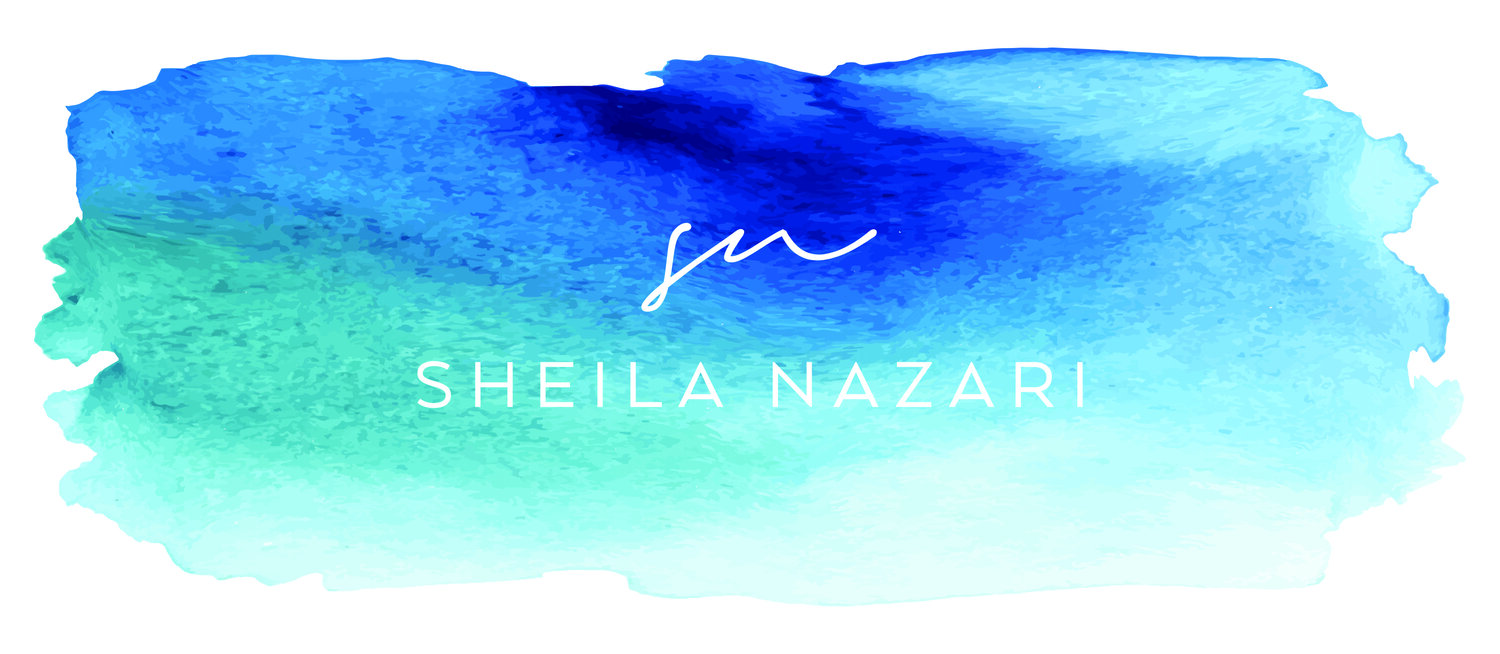Photo by Steve Johnson on Unsplash
When you chase the elusive goal of perfection, the finish line remains out of reach and the journey becomes increasingly frustrating. Mistakes are catastrophic and failure is always imminent, threatening to pull you down.
There’s nothing that kills creativity faster than the pressure of perfection.
Striving for perfection can be harmful to your health and goals but most of us already know this. We hear ‘Nobody’s perfect’ and ‘Done is better than perfect,’ but many times we don’t apply this knowledge to our own projects. When children are too young to judge themselves based on their creations, they draw and write and play without any fear of how the finished product will turn out.
It’s not easy to relax your expectations, especially today when airbrushing and filters erase flaws while technology allows you to put a contrived version of your ideal self on display in social media. However, it seems like there’s somewhat of an anti-perfection movement going on lately. Homemade goods and arts and crafts are gaining popularity because people are getting sick of the mass-produced, homogenous products they can buy from chain stores. More people are posting makeup-free shots of their faces and untouched images of their bodies. People are looking to online and in-person secondhand shops to find unusual and interesting clothing.
When it comes to your writing, it may be time to embrace Wabi-sabi, a Japanese concept focused on finding beauty in that which is imperfect, impermanent, and incomplete.
It’s a deliciously freeing way to view life, savor the beauty in your work, and hopefully release perfection’s suffocating grip on your creativity.
The fear of failure or making mistakes can make it difficult to finish or even start writing whether your goal is an article, a short story, or a novel. Giving yourself permission to find beauty in your original draft and using that belief to propel you forward can save you from staring at a blank screen frozen with fear.
If you still can’t begin, choose an everyday product such as a water glass or a cereal box or the washing machine and give yourself the challenge of constructing a one-page story (or less or more – whatever gets the words flowing) around it. You set the rules (the fewer the better). For example - the product must be mentioned at least once, it must be the main topic, someone must be using it, etc. This could serve as a warm-up exercise to get you out of your writer’s block because you know that no one will read it but it’ll prompt your brain to just go with the flow.
Also, don’t think of your original draft/words/ideas as mistakes, no matter how far off they are from what you wanted them to be, and instead view your first draft as an opportunity for learning and growth. Once you’ve tried it one way, you can work on improving it. It might not be your best work right away, but regardless of what you write, it will provide a starting point.
Give yourself time to get it right. Almost all writers go through multiple drafts and rewrites. Even well-known famous authors have said that they still find areas of improvement in their published, best-selling books.
Start looking for beauty in the imperfect in different aspects of daily life.
If you revere perfection, you’ll be less likely to create something wonderful. The process of creating requires messy first drafts, mistakes, non-working inventions, and unidentifiable scribbles. Instead of sniffing disapprovingly at these acts of creativity because they’re not exactly what you expected them to be, embrace them because they’re part of the beautiful, yet imperfectly perfect creative process.


